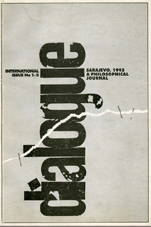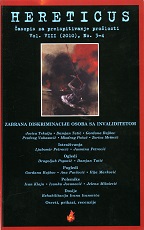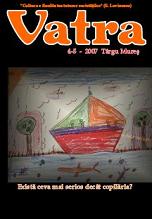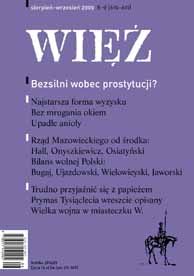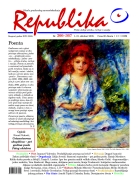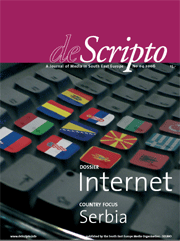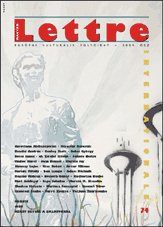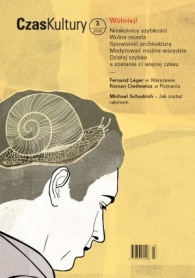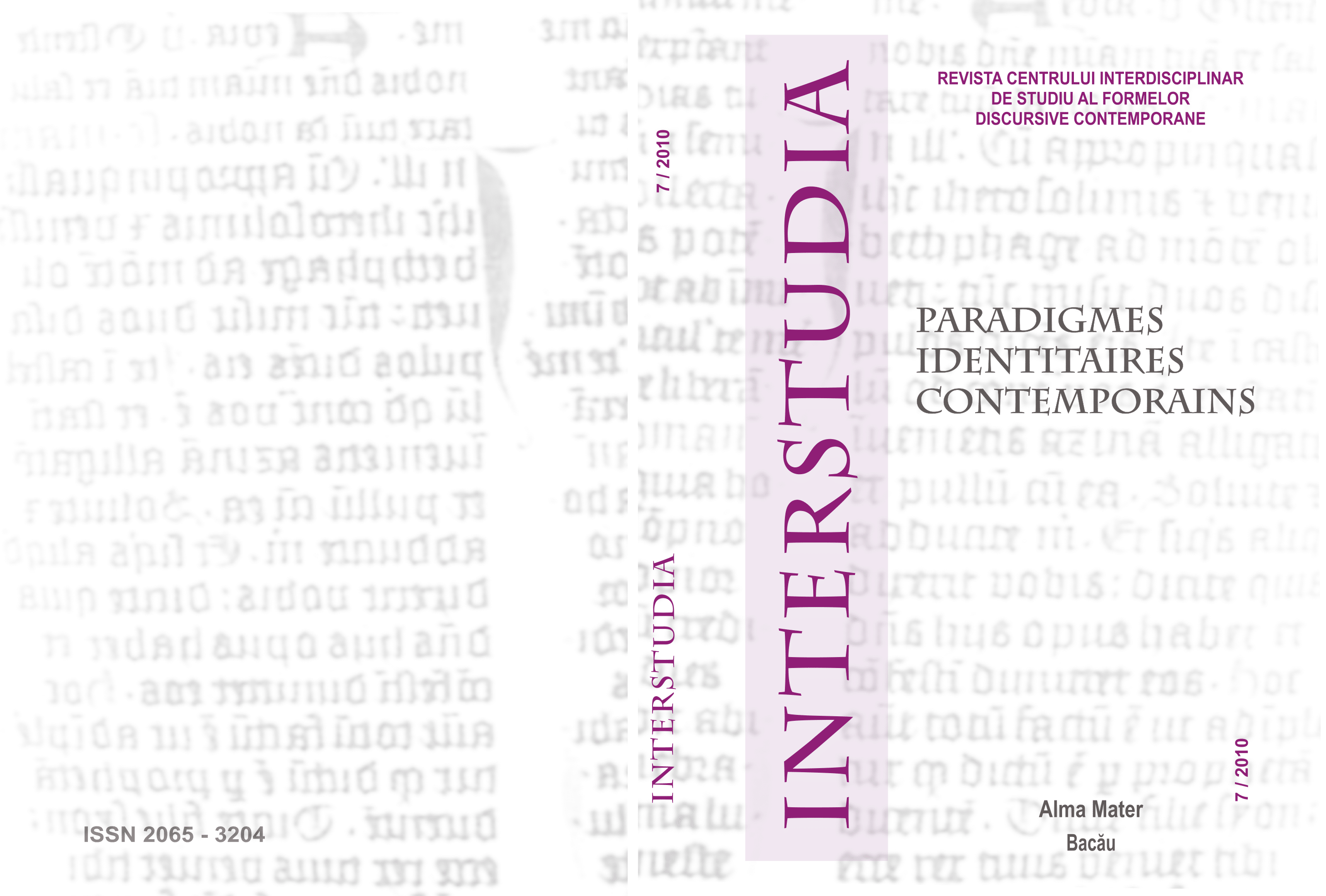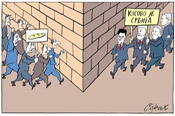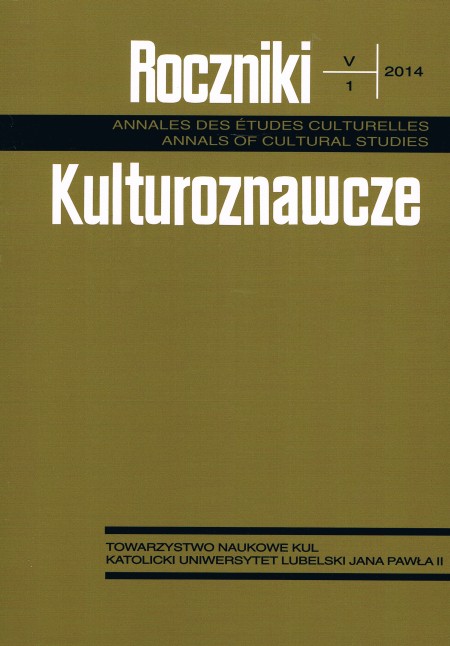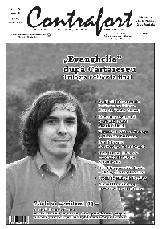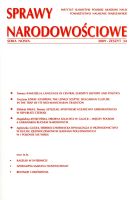
Serbsko-chorwacka rywalizacja o przewodnictwo w ruchu zjednoczeniowym Słowian Południowych w I połowie XIX wieku
The first half of the 20th century witnessed a complex process leading to the birth of a state unit which united south Slav peoples for the first time in history, i.e., the Kingdom of Serbs, Croats and Slovenians. Although the political idea of creating the Yugoslavian state originated simultaneously in the Croat and Serb lands, their respective plans as to how to create a common statehood were diverse. Both Serbs and Croatians were convinced of the superiority of their respective cultures as well as of their historic rights to guide and speak for the rest of the south Slavs and intended to lead the unifying movement. The major integrating element as well as area of conflict for political and spiritual leadership was, in their opinion, the language. This is why they argued about the 'superiority' of different dialects of the Serbo-Croatian language. The author also discusses the Polish participation in the unifying project, namely that of the Lambert Hotel and the envoys of Prince Adam Czartoryski. A key role in this rivalry was played by Bosnia. Finally, though, the emerging Yugoslav idea was to face a sharp confrontation with the emergence of Croat and Serb nationalisms.
More...
